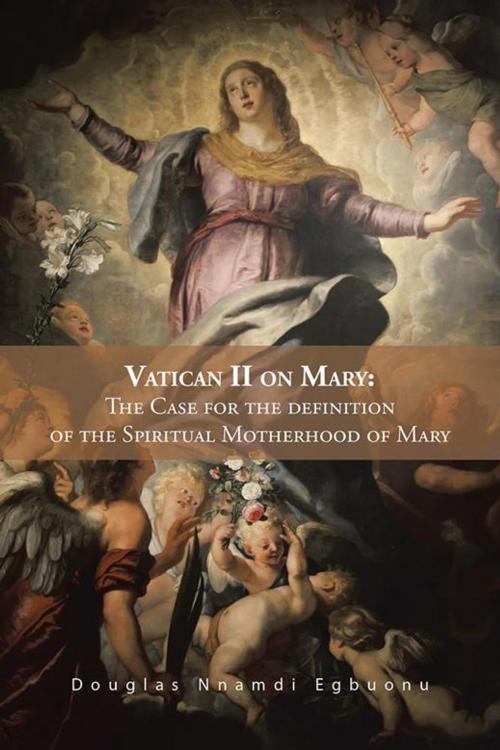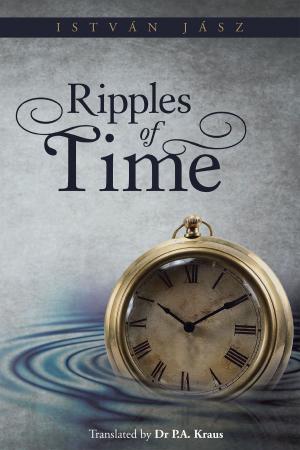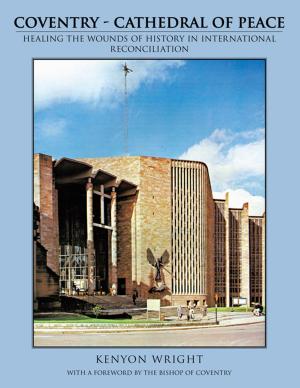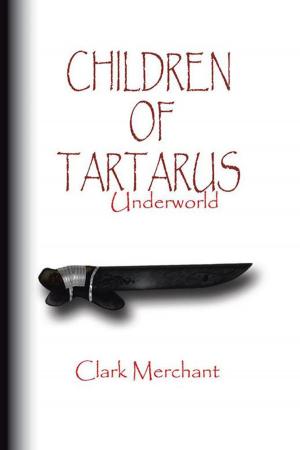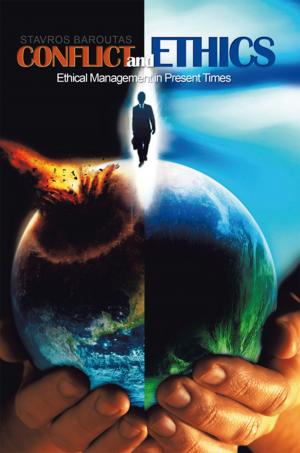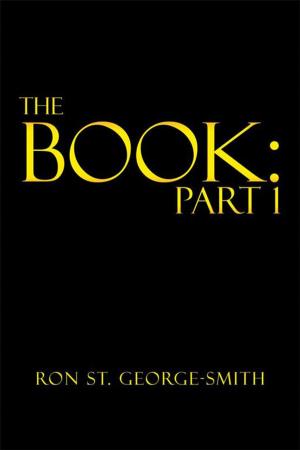Vatican Ii on Mary: the Case for the Definition of the Spiritual Motherhood of Mary
Nonfiction, Religion & Spirituality, Reference, General Reference, Theology| Author: | Douglas Nnamdi Egbuonu | ISBN: | 9781491896457 |
| Publisher: | AuthorHouse UK | Publication: | March 25, 2014 |
| Imprint: | AuthorHouse UK | Language: | English |
| Author: | Douglas Nnamdi Egbuonu |
| ISBN: | 9781491896457 |
| Publisher: | AuthorHouse UK |
| Publication: | March 25, 2014 |
| Imprint: | AuthorHouse UK |
| Language: | English |
The purpose of this study is to show that the formal definition of the spiritual Motherhood of Mary would constitute a doctrinal development from Vatican IIs teaching on Mary. It is my strong view that Marys spiritual motherhood should be explicitly acknowledged, accepted and stamped with the extra-ordinary infallibility of the Church magisterium so that it would become a dogma of the Church, as the sensus fidelium. Such formal definition would give the doctrine the seal of juridical authenticity and prevent it from denigration and rejection in future. This study argues that the Catholic Church needs to advance forwards from the Marian teaching of Vatican II by making concerted efforts to maintain the Marian trajectory in the Church. Also portrayed are the efforts of the papal magisterium and some noted Catholic theologians that have gone back to the sources of the early Fathers of the Church in order to teach that Marys spiritual Motherhood has solid foundation on Scripture and the Churchs tradition. The post-conciliar teachings of the above-stated papal magisterium and contemporary theologians have the aim to nurture and sustain the faith and understanding of the people of God about Marys spiritual Motherhood. The study also examines evidence to show that there is much in the Catholic Marian theology that could improve understanding among Christians of different denominations. In particular, it portrays the fact that Mariology always points to Christ, being indissolubly linked with Christology, and also has intrinsic unity with ecclesiology.
The purpose of this study is to show that the formal definition of the spiritual Motherhood of Mary would constitute a doctrinal development from Vatican IIs teaching on Mary. It is my strong view that Marys spiritual motherhood should be explicitly acknowledged, accepted and stamped with the extra-ordinary infallibility of the Church magisterium so that it would become a dogma of the Church, as the sensus fidelium. Such formal definition would give the doctrine the seal of juridical authenticity and prevent it from denigration and rejection in future. This study argues that the Catholic Church needs to advance forwards from the Marian teaching of Vatican II by making concerted efforts to maintain the Marian trajectory in the Church. Also portrayed are the efforts of the papal magisterium and some noted Catholic theologians that have gone back to the sources of the early Fathers of the Church in order to teach that Marys spiritual Motherhood has solid foundation on Scripture and the Churchs tradition. The post-conciliar teachings of the above-stated papal magisterium and contemporary theologians have the aim to nurture and sustain the faith and understanding of the people of God about Marys spiritual Motherhood. The study also examines evidence to show that there is much in the Catholic Marian theology that could improve understanding among Christians of different denominations. In particular, it portrays the fact that Mariology always points to Christ, being indissolubly linked with Christology, and also has intrinsic unity with ecclesiology.
